Welcome to the Digital Colosseum (Where Your Free Time Goes to Die)
In 2025, China's esports livestreaming industry has evolved from "parents' worst nightmare" to "legitimate economic powerhouse that still worries parents." What was once dismissed as "watching other people play video games" has transformed into a $445 million behemoth that has marketing executives frantically Googling "what is Douyu" and "how do I appeal to people who watch others build digital houses for 6 hours straight."
The Numbers That Will Make Traditional TV Executives Weep Into Their Nielsen Ratings
Before we dive into the platforms where China's digital gladiators battle for glory and gifted virtual flowers, let's examine some statistics that explain why esports streaming executives can afford better vacation homes than the rest of us:
- Total Market Value: $445 million (roughly the GDP of a small island nation, but with better WiFi)
- Online Gaming Population: 850 million (more than twice the entire US population, all clicking very rapidly)
- Livestreaming Penetration: 29.1% (meaning nearly one-third of Chinese citizens prefer watching strangers play games to having actual human interactions)
- Average Daily Streaming Hours: 3.2 hours (longer than most people spend exercising in a week)
- Global Market Share: 62% of worldwide esports streaming (China doesn't just participate in esports streaming—it practically owns the server)

The Fantastic Five: Platforms Where Sleep Goes to Die and Wallets Empty Themselves
1. Douyin (Chinese TikTok): Where Gaming Meets ADHD
- Monthly Active Users: 750 million (approximately the combined population of North America, all swiping frantically)
- Esports Streaming Audience: 180 million (a group large enough to form their own country, with gaming skills as the only immigration requirement)
- What It Actually Is: The platform that answered the question "What if gaming content was shorter than the average attention span?" Douyin has masterfully combined the addictiveness of TikTok with people's desire to watch others be better at games than they are.
Key Features That Keep Psychiatrists Employed:
- Short-form game content for those who find 10-minute videos "way too long"
- AI recommendation engine that knows your gaming preferences better than your significant other
- E-commerce integration that ensures you can impulse-buy gaming chairs at 2 AM
- Real-time interaction that creates the illusion of friendship with strangers
Ways to Lose Money You Didn't Even Know You Had:
- Virtual gift economy where you can spend real money on digital flowers that disappear instantly
- Brand sponsorships that seamlessly blend advertising with content until you can't tell what's what
- Micro-transactions that individually seem reasonable but collectively cost more than your rent
- Influencer partnerships that make you believe your gaming skills are one gaming mouse purchase away from professional level
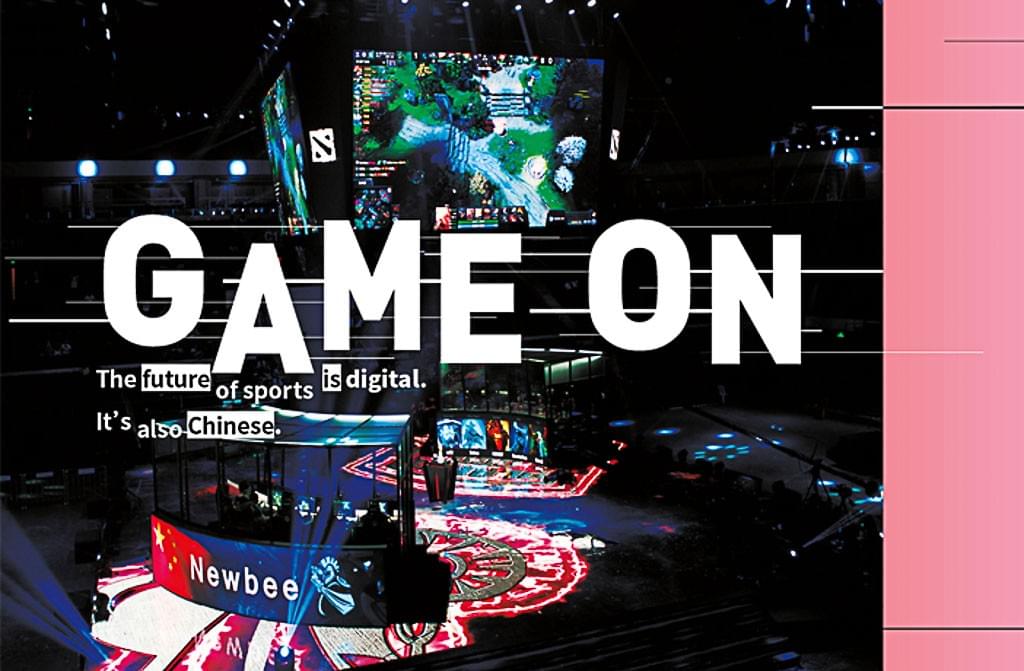
2. Huya: The Platform Where Professional Gaming Dreams Go to Be Crushed
- Monthly Active Users: 220 million (a viewership that makes the Super Bowl look like a neighborhood gathering)
- Esports Streaming Audience: 150 million (all watching with the intensity of sports fans combined with the technical analysis of NASA engineers)
- What It Actually Is: The digital equivalent of ESPN, if ESPN only covered people with extraordinary hand-eye coordination and questionable sleep schedules. Huya is where you go to watch professionals and realize that your "pretty good" gaming skills are actually "embarrassingly amateur."
Features That Make Other Platforms Jealous:
- Tournament coverage so comprehensive you'll know players' heart rates during crucial moments
- Streaming technology advanced enough to show you every pixel of your favorite player's humiliating defeat
- Game ecosystem more diverse than a tropical rainforest
- Streamer management systems that turn gamers into celebrities with branding deals rivaling traditional athletes
Why It's Dominating Your Screen Time:
- Professional gaming coverage more detailed than most countries' election reporting
- Streaming quality so high you can see the despair in players' eyes when they lose
- Game diversity extensive enough to ensure you never reach the end of your recommendations
- Fan engagement tools that make you feel personally involved in matches happening 5,000 miles away
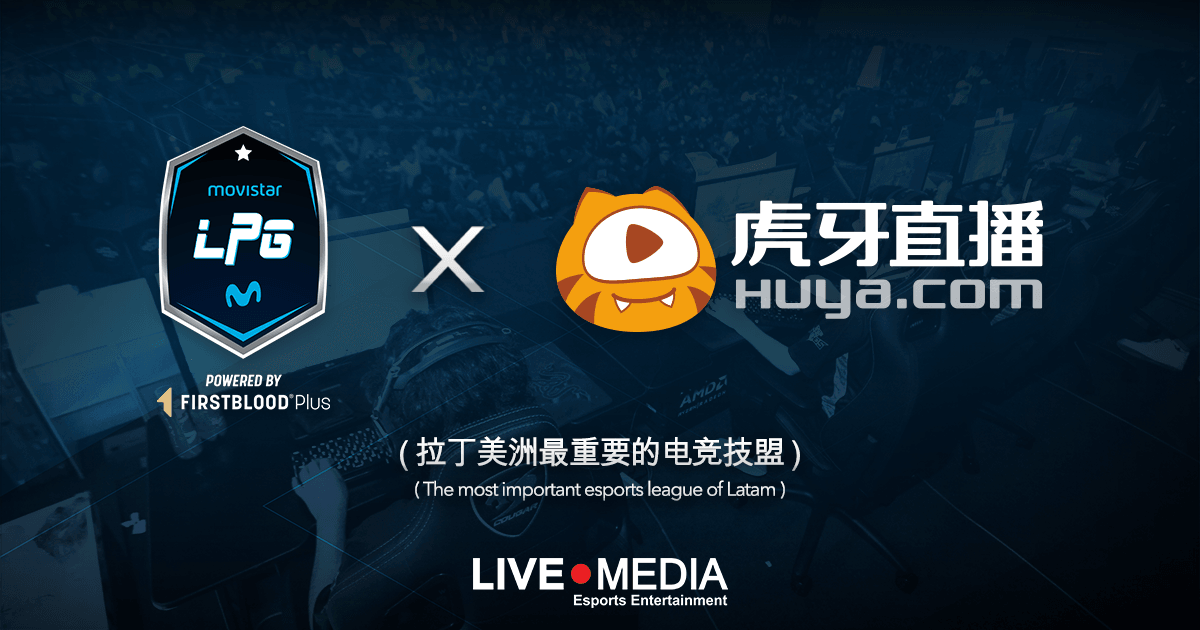
3. Bilibili: Where Anime Fans and Gamers United to Form Their Own Digital Nation
- Monthly Active Users: 300 million (a population larger than the United States, all communicating through memes and game references)
- Esports Streaming Audience: 120 million (who collectively have watched enough gaming content to have mastered several languages instead)
- What It Actually Is: The platform that answered the question, "What if we combined gaming with anime and added enough community features to create a digital society?" The result is a platform where users are more loyal to their Bilibili community than to their actual hometowns.
Features That Create Digital Addiction:
- Content that seamlessly blends gaming with anime, creating a potent cocktail of escapism
- Community interaction so engaging that users develop inside jokes with people they've never met
- User-generated content that ranges from brilliantly creative to deeply concerning
- Recommendation algorithms that understand your entertainment preferences better than your therapist
Why It's Special (According to Users Who Won't Stop Talking About It):
- Content specialization that caters to interests too niche to mention in polite company
- Community engagement stronger than most family bonds
- Content discovery that has caused more sleepless nights than caffeine
- Entertainment approach that combines gaming with enough other interests to justify "just one more video"

4. DouYu: The Platform Where Gaming Is More Serious Than International Diplomacy
- Monthly Active Users: 180 million (all with opinions about gaming strategies they're eager to share in comment sections)
- Esports Streaming Audience: 100 million (watching with the analytical intensity usually reserved for chess grandmasters)
- What It Actually Is: DouYu is the platform where gaming isn't just entertainment—it's a lifestyle, career path, and quasi-religion all rolled into one. It's where competitive gaming is analyzed with more detail than geopolitical conflicts, and where streamers are treated with the reverence usually reserved for rock stars or religious leaders.
Features That Turn Casual Gamers Into Obsessed Analysts:
- Gaming competitions presented with the gravity of Olympic finals
- Streamer networks more complex than corporate organizational charts
- Viewer engagement that makes political participation seem passive by comparison
- Streaming tech that ensures you can see every microsecond of action in 4K resolution
Why It's Taking Over Your Free Time:
- Competitive focus that turns "just watching one match" into a five-hour session
- Streaming infrastructure so good it makes your actual life look low-resolution
- Streamer talent so vast you'll always find someone new to follow
- Real-time interaction that creates the illusion of participating in events you're just watching
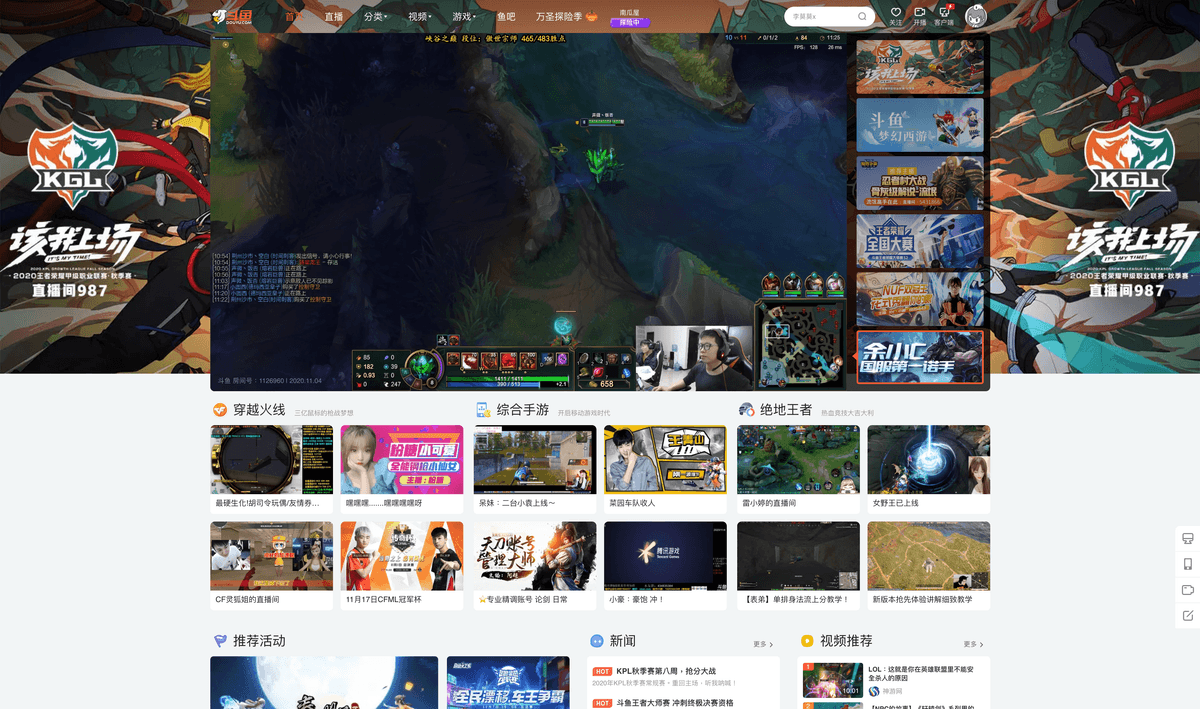
5. Tencent START: Where Cloud Gaming Convinced People That Owning Games Is So 2023
- Monthly Active Users: 150 million (all enjoying games their personal computers could never hope to run)
- Esports Streaming Audience: 90 million (watching games with less latency than their own reflexes)
- What It Actually Is: The platform that convinced gamers that ownership is overrated and that the future is playing games stored on distant servers. Tencent START is Netflix for gaming, but with more competitive spirit and significantly more trash talk.
Technological Wizardry That Makes Engineers Weep With Joy:
- Cloud infrastructure that turns your mediocre device into a gaming supercomputer
- Cross-platform streaming that follows you from toilet to train to office meeting
- Latency so low it's faster than your excuses for losing
- Gaming ecosystem more comprehensive than most people's actual lives
Innovations That Sound Like Science Fiction But Aren't:
- Cloud gaming so seamless you'll forget your device isn't actually doing the work
- Streaming quality that makes reality look disappointing
- Device integration smoother than your most rehearsed pickup line
- AI gaming experiences that sometimes seem to understand your strategy before you do
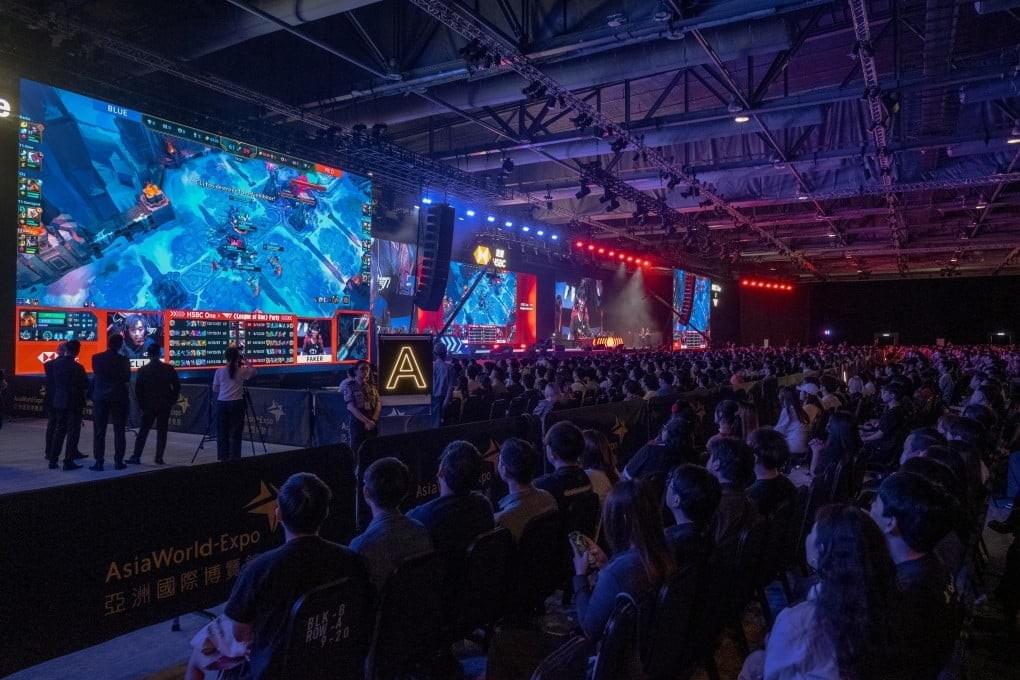
How Global Brands Are Cashing In (Or Trying To, Anyway)
Marketing Tactics That Actually Work (Sometimes)
- Influencer Collaboration: Paying people with colored hair and fast reflexes to pretend they like your product
- Interactive Brand Challenges: Creating branded game events that users actually enjoy, defying all marketing logic
- Virtual Product Placements: Advertising so seamless players don't realize they're being marketed to until they're already buying
- Community Campaigns: Engaging with gaming communities with the diplomatic delicacy usually reserved for international relations
- Gamified Marketing: Making advertising feel like gaming, the digital equivalent of hiding vegetables in a child's dessert
Show Me The Money: Revenue Models That Keep Executives Happy
- Virtual Gift Economies: Convincing people to spend real money on digital items that cost nothing to produce (pure genius)
- Brand Sponsorships: The digital equivalent of athletes wearing logos, but with better ROI and worse physical fitness
- Subscription Models: The "small monthly fee" that collectively costs users more than their utilities
- E-commerce Integration: Turning "I like that gaming chair" into "I own that gaming chair" in under 30 seconds
- Advertising Placements: Ads sophisticated enough that users debate whether they're content or commercials
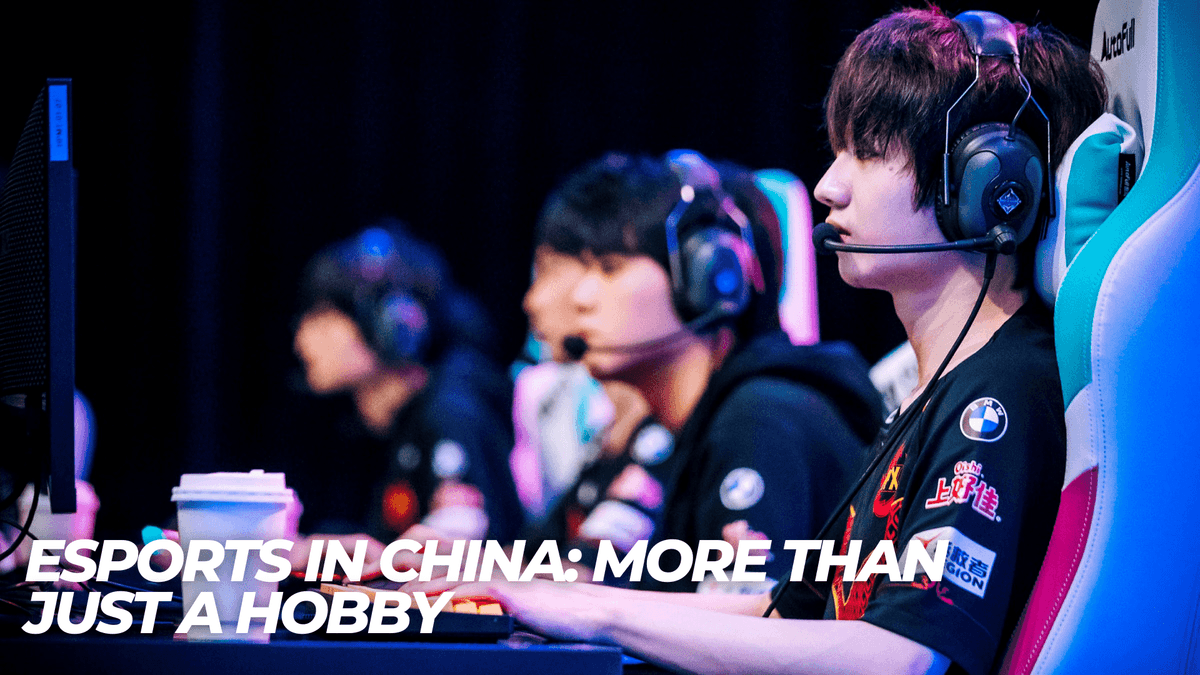
The Future Is Coming, Whether Your Wallet Is Ready Or Not
Emerging Tech That Will Make Current Platforms Look Primitive
- AI-Enhanced Streaming: Algorithms that know what you want to watch before you do, which is either convenient or terrifying
- Virtual Reality Integration: Making the line between watching and playing games even blurrier
- Blockchain Monetization: Adding cryptocurrency to gaming, because gaming economies weren't complicated enough
- Cross-Platform Ecosystems: Ensuring you never escape game content, regardless of which app you open
- Hyper-Personalized Content: Recommendations so accurate they constitute a mild privacy invasion
The Pitfalls: Why Western Brands Keep Stepping On Digital Landmines
Challenges That Keep Marketing Directors Awake At Night
- Cultural Content Adaptation: Discovering that what's cool in Los Angeles is cringe-worthy in Shanghai
- Regulatory Compliance: Navigating rules more complex than the games themselves
- Technical Requirements: Meeting platform standards that change more frequently than game meta strategies
- Technological Evolution: Keeping up with platforms that consider six-month-old technology "practically ancient"
- Localization Strategies: Learning that direct translation is the fastest route to becoming an internet meme (the bad kind)
Conclusion: Welcome To The Future (Resistance Is Futile)
China's esports livestreaming isn't just changing how people watch games—it's fundamentally reshaping entertainment, social interaction, and how money flows through the digital economy. These platforms aren't merely places where gaming happens; they're comprehensive ecosystems that have created their own economies, celebrities, and cultural touchstones.
Whether you're a brand trying to reach this audience, a platform trying to compete, or just someone trying to understand why your teenager spends more time watching others play games than actually playing them—one thing is clear: this is not just a trend but the new normal of digital entertainment.